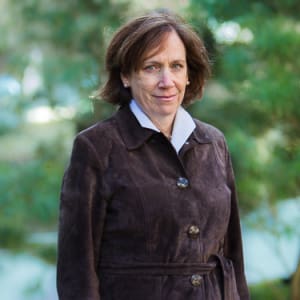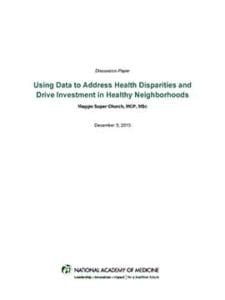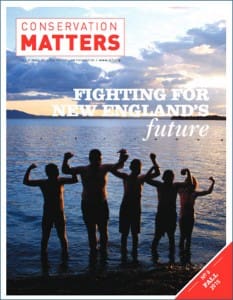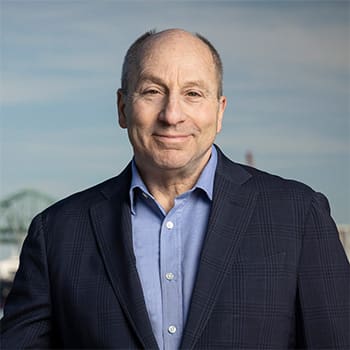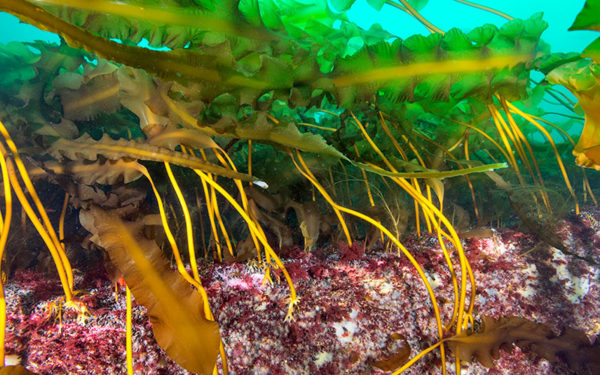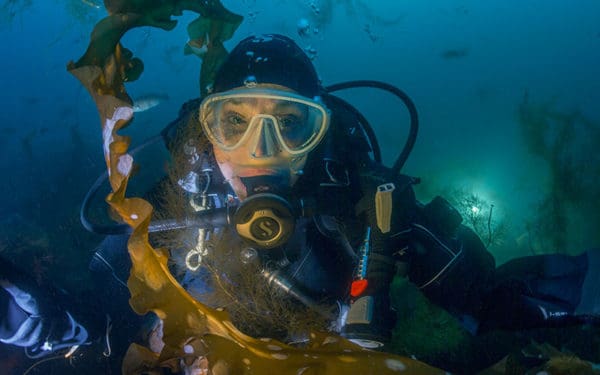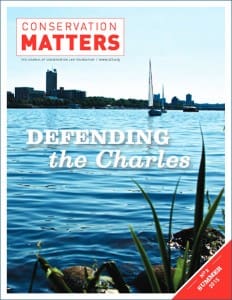Feb 18, 2016
Priscilla Brooks is CLF’s Vice President for Ocean Conservation, which focuses on protecting marine habitat and wildlife and building healthy fishing communities. Before joining CLF in 1994, she performed extensive research on seafood marketing and trade, as well as aquaculture economics. In addition, she has worked on recreational fishing boats and research vessels in waters… Continue reading Priscilla Brooks
Feb 16, 2016
Yan Au is the Information Technology Director. Yan received his B.S. in Economics and Environmental Science from Tulane University.
Feb 02, 2016
… A growing body of evidence – topped by a November 2015 report done on behalf of the Massachusetts Attorney General – demonstrates undeniably that more natural gas capacity is not needed and any claims to the contrary are more fallacy and delusion than sound economics. Why would we lock ourselves into decades of the dirty fuels of yesterday… Continue reading Kinder Morgan’s Pipe Dream is Economic Nightmare
Jan 28, 2016
Massachusetts is a state of extraordinary range – from our miles of coastline to the western mountains, our dense hardwood forests to our working farms, our thickly settled city neighborhoods to our rural village greens.
Dec 03, 2015
Our interest in health data and metrics grew out of a collaborative effort to build a new real estate investment fund for transit-oriented development called the Healthy Neighborhoods Equity Fund.
Oct 08, 2015
Fighting for New England’s Future: CLF’s New President, Brad Campbell, Takes the Reins… Windward Progress: Offshore Wind in Rhode Island… Why I Give: Justin Boyan… Five Questions For: Dr. Sylvia Earle
Sep 08, 2015
“New England is poised to lead the nation in responding to climate change and emerging threats to our environment and public health. CLF has been the driving force in getting New England to this point. I am excited to lead CLF’s smart and devoted advocates as we write a new chapter in protecting the region’s… Continue reading Bradley Campbell
Sep 05, 2015
Beneath the waves are seascapes as diverse and breathtaking as anything found on land. Yet only a fraction of our ocean is protected worldwide. We make the case for protecting vital seascapes like Cashes Ledge, so that our ocean can survive and thrive for generations to come.
Sep 05, 2015
In August 2015, conservationist and oceanographer Dr. Sylvia Earle launched a dive expedition to Cashes Ledge, the underwater mountain range 80 miles off the coast of Portland. We asked Dr. Earle about the need to protect Cashes Ledge and why she has designated it one of her “Hope Spots.”
Jul 08, 2015
Defending the Charles: Closing the Clean Water Gap and Making All Polluters Pay… Progress Report: Childhood Lead Poisoning in New Hampshire… Why I Give: CLF Massachusetts’ Board Member Chi Ho Sham… Five Questions For: Rhode Island Senator Sheldon Whitehouse
